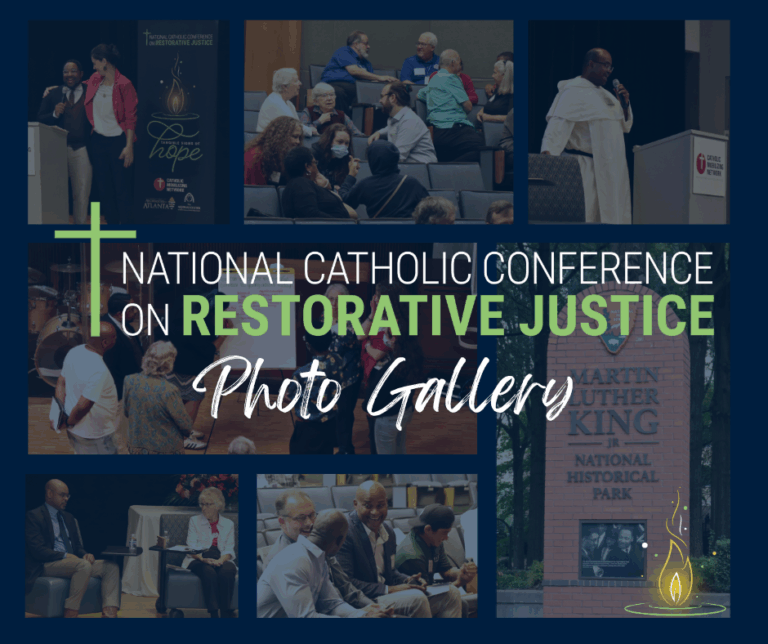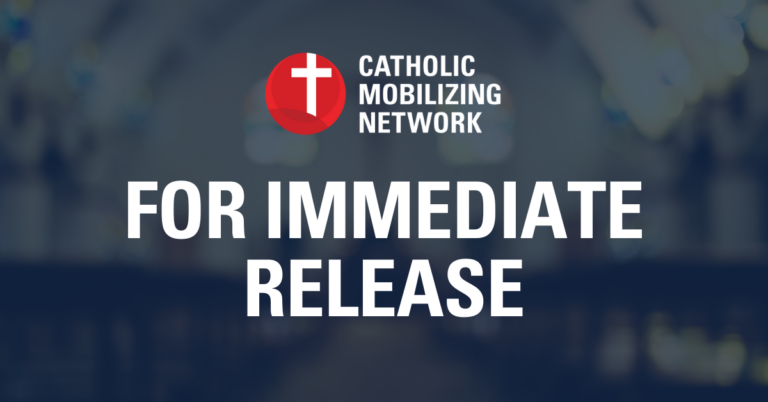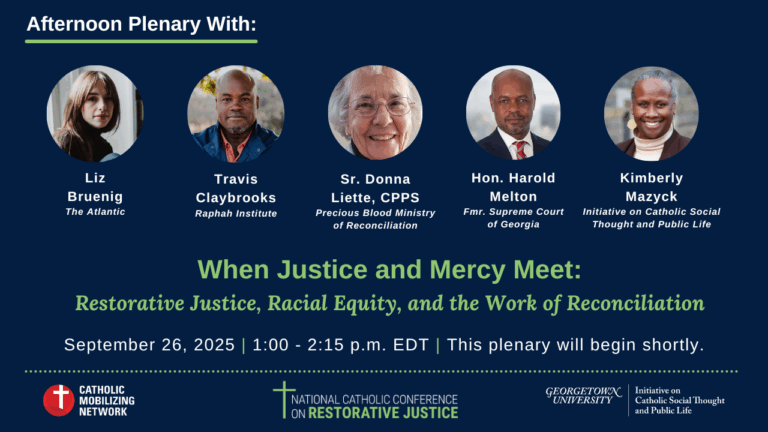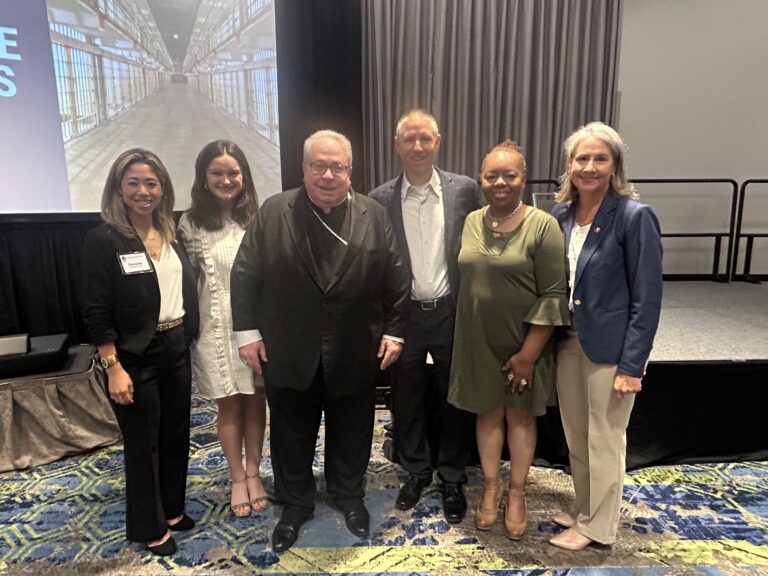Robert Roberson’s execution blocked by historic bipartisan move from legislators
It seemed like nothing was going to stand in the way of Texas’s scheduled execution of Robert Roberson for a crime that many say never happened. The Texas Board of Pardons and Paroles, the Texas Court of Criminal Appeals, and the United States Supreme Court had all blocked Roberson’s final attempts to prove that he was not responsible for his daughter’s death.
Roberson was convicted of killing his 2-year-old daughter Nikki under the basis of the now discredited hypothesis of “shaken baby syndrome.” His lawyers sought to provide new evidence that demonstrates that his daughter experienced complications from medicine she was prescribed before her death to treat pneumonia. The legal team also suggested that Roberson’s undiagnosed autism at the time of Nikki’s death led many to misunderstand his lack of displayed emotion as evidence of guilt, rather than a result of his neurodivergence.
Roberson’s case gained significant attention and support across the country. But in Texas specifically, a group of Republican legislators rallied behind him and urged Governor Greg Abbott to use his executive power to stop the execution. When all else failed, these legislators made a unique move.
On October 16, just one day before Roberson was scheduled to be executed, members of the Texas House issued a subpoena compelling Roberson to testify before a legislative committee at the Texas Capitol on Monday, October 21.
Since it would clearly be impossible for Roberson to respond to this subpoena if the state went ahead with his execution, the Legislature sought support in the district court. With one hour to spare before Roberson’s execution, a district judge ordered a temporary restraining order that effectively paused the execution.
But that wasn’t the end of the legal battle.
The state’s Attorney General’s office immediately appealed the decision to the Texas Court of Criminal Appeals. When that court reversed the temporary restraining order, the case was then elevated to the Texas Supreme Court, who ultimately granted a stay which officially halted the execution.
What stopped Roberson’s execution was not the question of his guilt. It was not the submission of new evidence. And it was not mercy. Essentially, what saved Roberson’s life was a procedural question: Can the state Legislature subpoena a man to interfere with the scheduled execution initiated by the executive branch of government?
The result of this case, once heard, will have a lasting impact on constitutional interpretation in Texas.
CMN’s Executive Director, Krisanne Vaillancourt Murphy, responded to this historic case saying in part: “In the case of Mr. Roberson, I see a glimmer of light deep in the heart of the Texas legislature, where bold, creative and courageous steps were taken to save a life and protect human dignity. We are witnessing that minds and hearts can be changed. Political leaders can act quickly and take measures to do the right thing. Let us be heartened by this hopeful sign as we carry on in our work to abolish the death penalty.”












